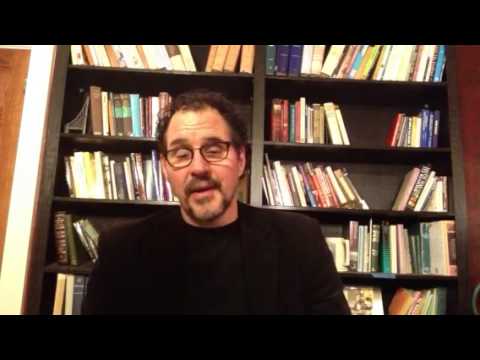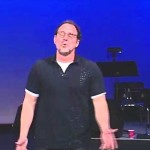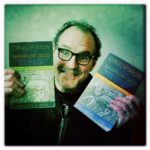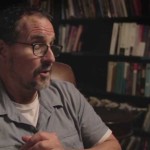We run our website the way we wished the whole internet worked: we provide high quality original content with no ads. We are funded solely by your direct support. Please consider supporting this project.

Why Bart Ehrman Doesn’t Have to Ruin Your Christmas (Or Your Faith) Part 3
This is the third of several videos Greg put together to refute Bart Ehrman’s claims published in the article What Do We Really Know About Jesus? If you missed the first two installments you can find them here and here.
Category: Q&A, Sermons and Video Clips
Tags: Apologetics, Atheism, Bart Ehrman, Bible, Christianity, Faith, Greg Boyd, Historical Criticism, ReKnew, Skeptics
Topics: Biblical Reliability
Related Reading

Sermons: Who’s The Boss
The Bible definitely talks about the roles a man and a woman should have in marriage. In this sermon clip, Greg Boyd discusses Colossians 3:18-19 and difficulty in his own marriage upon misunderstanding these roles. Marriage in the Bible can be misunderstood, and it often leads to questions of who should be the boss…

Reading the Bible “by Faith”
The cruciform approach to reading the Bible—and specifically the culturally-conditioned and sin-stained portraits of God—requires faith on the part of the reader, which I argue in Crucifixion of the Warrior God. On one level we can discern by faith that often times God broke through the limitations and sin of the ancient authors, for we…

Cross Centered Q&A
For those within driving distance of Saint Paul, MN, we invite you to join us for a free event. Greg will be discussing his new book Crucifixion of the Warrior God with Bruxy Cavey (Pastor of The Meeting House in Toronto) and Dennis Edwards (Pastor of Sanctuary Covenant Church in Minneapolis). Don’t miss this opportunity to hear Greg…

Why Isn’t God More Clear?
Ever wonder why God isn’t more clear and obvious? Here’s Greg’s take on that question.

Jesus: True Myth and True History
Though the Jesus story gives us every reason to believe it is substantially rooted in history, it has a curious, and fascinating, relationship with myth and legend. The story of God coming to earth, being born of a virgin, manifesting a heroic, counter-cultural love toward outcasts, dying for the people who crucified him and then…

Podcast: If the Cross is the FULL Revelation of God, Why Do We Even Need All the Rest?
Greg discusses the summation of the Bible in the crucifixion. http://traffic.libsyn.com/askgregboyd/Episode_0285.mp3
